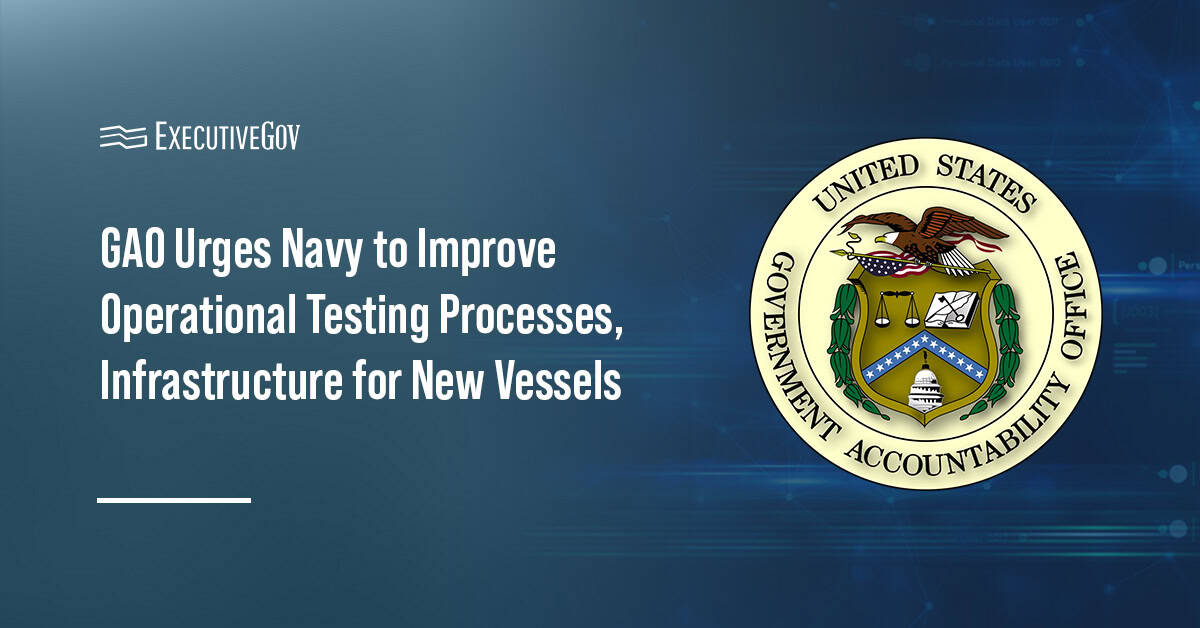Naval Surface Warfare Center Dahlgren Division is hosting a virtual innovation challenge aimed at developing artificial intelligence and machine learning algorithms to automate the scheduling and coordination of advanced weapon systems.
The two-phase competition offers a total of $75,000 in cash prizes and is open for college and university student innovators who will be given access to the U.S. Navy’s Joint Cognitive Operational Research Environment, Naval Sea Systems Command said Monday.
JCORE is a medium-fidelity software tool that serves as the service branch’s in-house wargaming system designed to simulate fleet-level exercises.
During the first phase of challenge, the selected teams, each consisting of no more than five students, will develop and submit their white paper.
NSWCDD will hold a virtual panel on Sept. 30 to answer questions about the competition.





